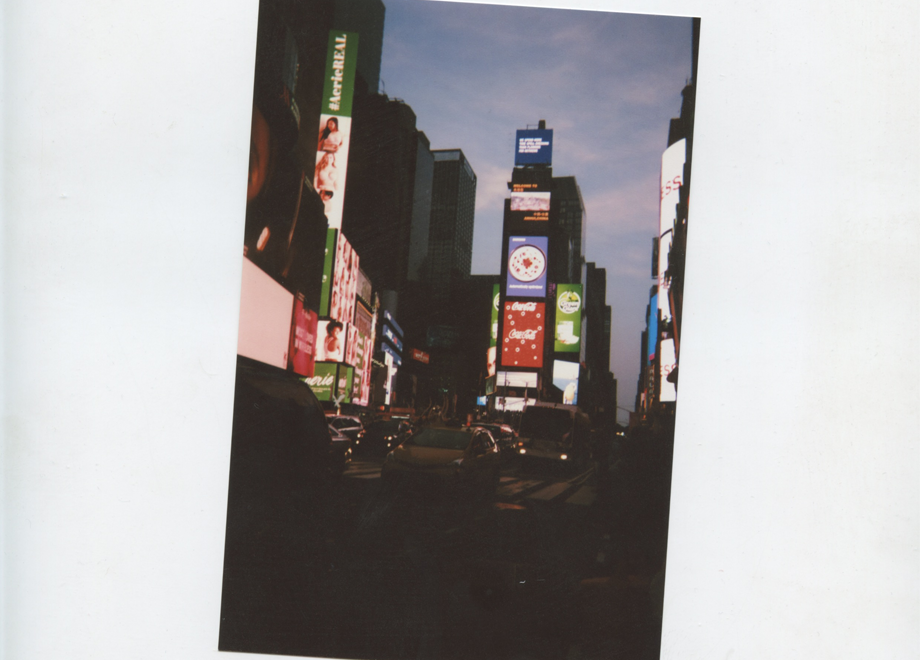When my roommate and I walk into Fran’s at one in the morning, our favourite waitress greets us and asks me about that one teaching assistant who I’m terrified of. This ritual feels like home to me.
But this familiarity is relatively new. This is not how things were a few months ago. Like a lot of students, I had high expectations for my university experience and living the adult life that I had always envisioned for myself. Inevitably, however, after the ‘glamour’ of orientation wore off, and midterms and assignments began piling up, the loneliness set in.
When you are in a new city, with no support system in place and no idea how to handle things you don’t even know about, it is very easy to burn out. As I had thrown my University of Toronto Students’ Union health insurance brochures away in September, I had no idea that I could access affordable mental health care until this January. The health plan covers $125 per session for 20 sessions a year with a licensed psychologist. Knowing this would have made my first semester a lot less of an isolated nightmare.
If the infamous Instagram confession page @uoftears__ is to be consulted, an alarming number of first-year students find themselves in situations similar to or even worse than my own. It is comforting, however, to know that what you are experiencing is not anomalous.
Hannah Green, a first-year student, finds it hard to see Toronto as her home. Despite the comfort of living with a close high school friend, she describes her first semester as “okay” and she still doesn’t think the university is “communal” or “friendly.”
She is not the only one who feels that way. Dania Asahi Ogie, a first-year commuter student, found herself becoming closer with her friend group from high school, as they all struggled to make new friends and ended up talking to each other more. She found it harder to make friends at first, because of how big UTSG and its classes are. “You start getting used to sitting alone in a big lecture,” she remarked, “I mean, I wasn’t expecting U of T to be this warm, friendly, school-spirited community, but when I visit schools like Ryerson, I feel like it’s much more warm.”
However, this has not been the case for Joshua Varughese, an international student from Australia. As an engineering student, he met most of his friends in the first few weeks of the fall semester, and because they were all in the same program, most of them were in all his classes. Furthermore, as most engineering students end up living at Chestnut Residence, Joshua included, it helped him build a community that may have made his experience easier than that of other first years. Despite his positive experiences, Joshua agrees that Toronto is not a very communal city. “Living in a city just doesn’t give me the same homely feeling.”
Community building seems to be the hardest obstacle for incoming students. Megan Pham-Quan, a second-year student who is part of the Innis College Student Society, faced the same challenge. “It was extremely difficult to find a community for myself in first year. While U of T is brimming with opportunities, this environment can be overwhelming for an incoming student thrown into a new academic and social context.”
Ravinder Hans, another first-year student, lived off-campus for the first month of the fall semester and experienced this same difficulty. She ended up moving into a residence because it was much easier for her to meet people and build a community there. Megan, like Ravinder, also found a lot of support through her residence as a lot of emotional guidance and resources are offered through residences.
Sophie Shah, a second-year international student from Texas, dealt with her loneliness by connecting with family whom she hadn’t realized were in the area. As she had a huge family base in her hometown, building a relationship with her aunt and cousins in Toronto helped to comfort her through the homesickness and isolation that she was experiencing. “The fact that they were related made me feel secure.”
For Dania, comfort and support came from joining Han Voice UofT, a non-profit that spreads awareness about the plight of human rights in North Korea and advocates for the rights of North Korean refugees. Joining the organization allowed her to meet upper-year students who have helped her settle in and feel less lost in the vastness of the crowd.
On the other hand, Austin Smith, another first-year student, found it easier to build a community by putting himself out there. He said, “Toronto, in general, isn’t super friendly. U of T can be — but it is kind of difficult. Try finding someone you share a big common interest [with] and you can start to connect with them over that. Also, it never hurts to try and make them laugh.”
Eventually, all of them did manage to build their own communities, both in the city and at U of T. Sophie likes to visit Shoppers Drug Mart at the Eaton Centre at random times. Joshua and his friends bonded over a shopping trip to Iqbal Halal Foods before going camping. Ravinder loves Black Market Vintage on Queen Street West, as everything in the store fits her aesthetic well. Dania and her friends have a local Chatime they always find themselves at.
By having their own spaces outside of the university, they feel more attached to the idea of Toronto as home — even if it’s only a temporary one.
